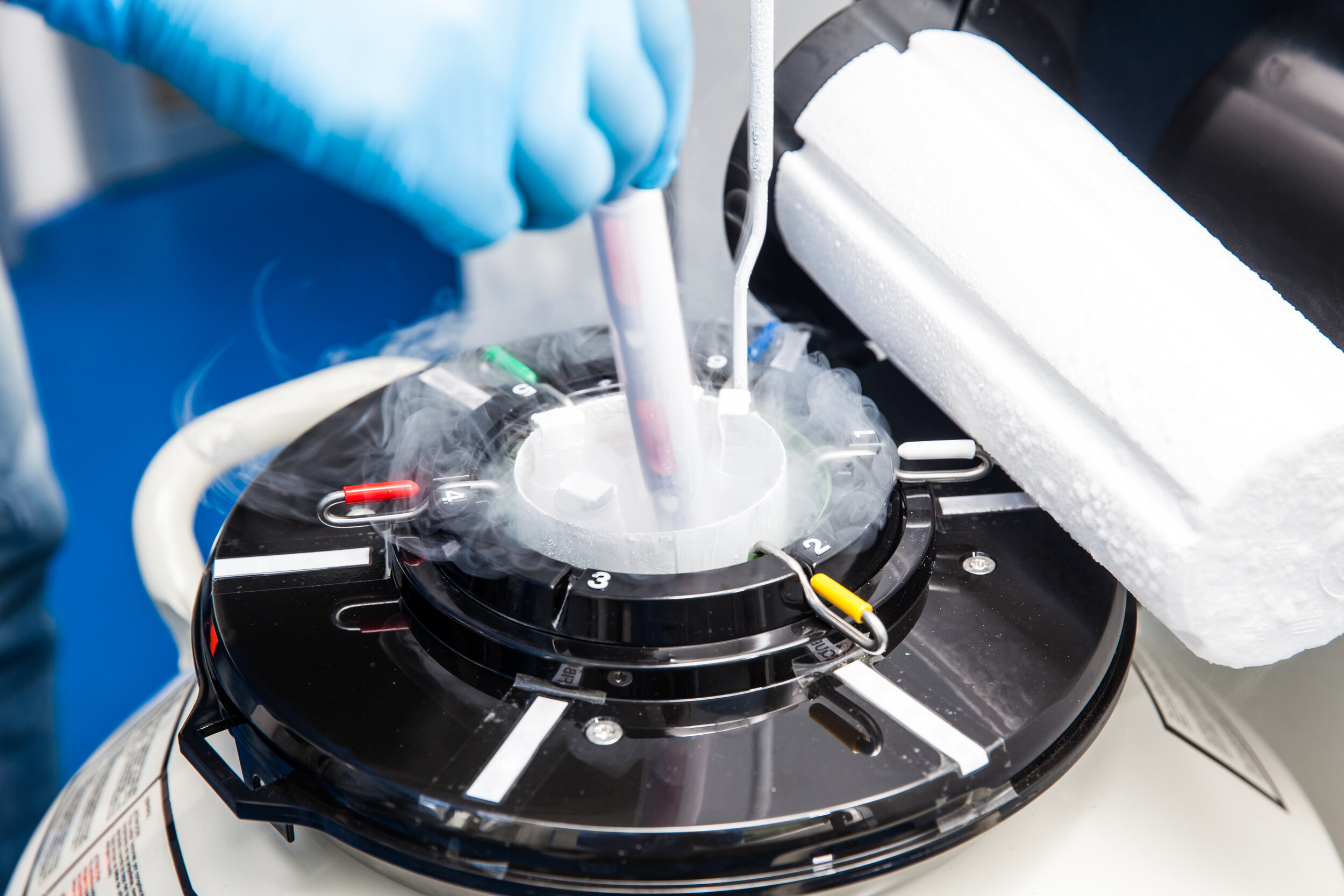Posthumous sperm donation. Should it be allowed?
What is posthumous sperm donation?
Posthumous sperm is the term used for sperm from a human male after passing away. Posthumous sperm donation is the donation of this sperm in couples seeking fertility treatments.
It is possible to retrieve viable sperm from a dying man or from a recently dead body. This sperm can be frozen for later use by his wife, partner or donor couple to produce offspring. Sperm harvested from dead men can result in healthy pregnancies and children with normal health and development, even when the sperm is retrieved 48 hours after death. But the technical feasibility alone does not always morally justify such an endeavour. Posthumous semen retrieval raises at least three significant ethical questions. First, the method of sperm collection raises issues about respectful treatment of a dead body. Second, there is the issue of consent, important in all invasive procedures. Third is the issue of the welfare of the child to be.
What is the current legislation?
Ireland
Under draft legislation, yet to be announced, the use of frozen sperm after a person’s death by their partner will be permitted following a one-year grieving period. These provisions enable a surviving female partner to continue a parental project after the death of her partner, provided specific conditions are fulfilled. For example, the relevant parties have received counselling and given their informed consent and provided a one-year grieving period has elapsed since the partner’s death. The deceased person would be recognised as a parent of any child born following posthumous sperm donation and provided that child is born within 36 months of the person’s death.
Britain
Under HFEA guidance, eggs and sperm from a person who has died can be stored and used with that person’s written consent. It is prohibited without this written consent. The eggs, sperm of embryos of a person who has died can be used, but only where they have given consent to the posthumous use. The consent to store and/or use these eggs, sperm or embryos and their use is only possible for the duration of their consent.
Other Countries
Posthumous use of sperm is also permitted in Austria, Greece, Belgium, Netherlands, New Zealand, Spain Israel, Australia, India and South Africa and each individual country has varying requirements.
Why is posthumous sperm donation needed?
Present figures show that Britain and Ireland has a shortage of donor sperm, while demand is high, and increasing, the experts said. Government data shows that an estimated 4,000 samples are imported to Britain each year from the United States, and 3,000 from Denmark, as well as more from other European Union countries.“Further discussion is needed to understand whether people who need to use donor sperm would even want to use the sperm of a deceased donor,” said Sarah Norcross, director of the Progress Educational Trust. “It is also vital to seek the opinions of donor-conceived people about what they think the impact would be of never being able to meet the donor.”
How is it retrieved? Sperm can be collected after death either through electrical stimulation of the prostate gland or with surgery. It can then be frozen and stored until required.
In our view, if a man had steadfastly refused to have a child while alive, it would be ethically wrong to honour a request to retrieve his sperm for use after his death. At the other extreme, if we had a clear written or verbal statement from him that he would want to father a child after his death, it might be justifiable to assist this endeavour. As with organ donation lives are saved. Sperm donation albeit entirely different, has the potential to change and improve the lives of couples struggling with infertility or same sex couples looking to have their own child. Rather than resorting to sperm banks outside of Ireland, posthumous use of sperm could be utilised if the criteria were safely set under strict legislation. We will be following this area closely.

